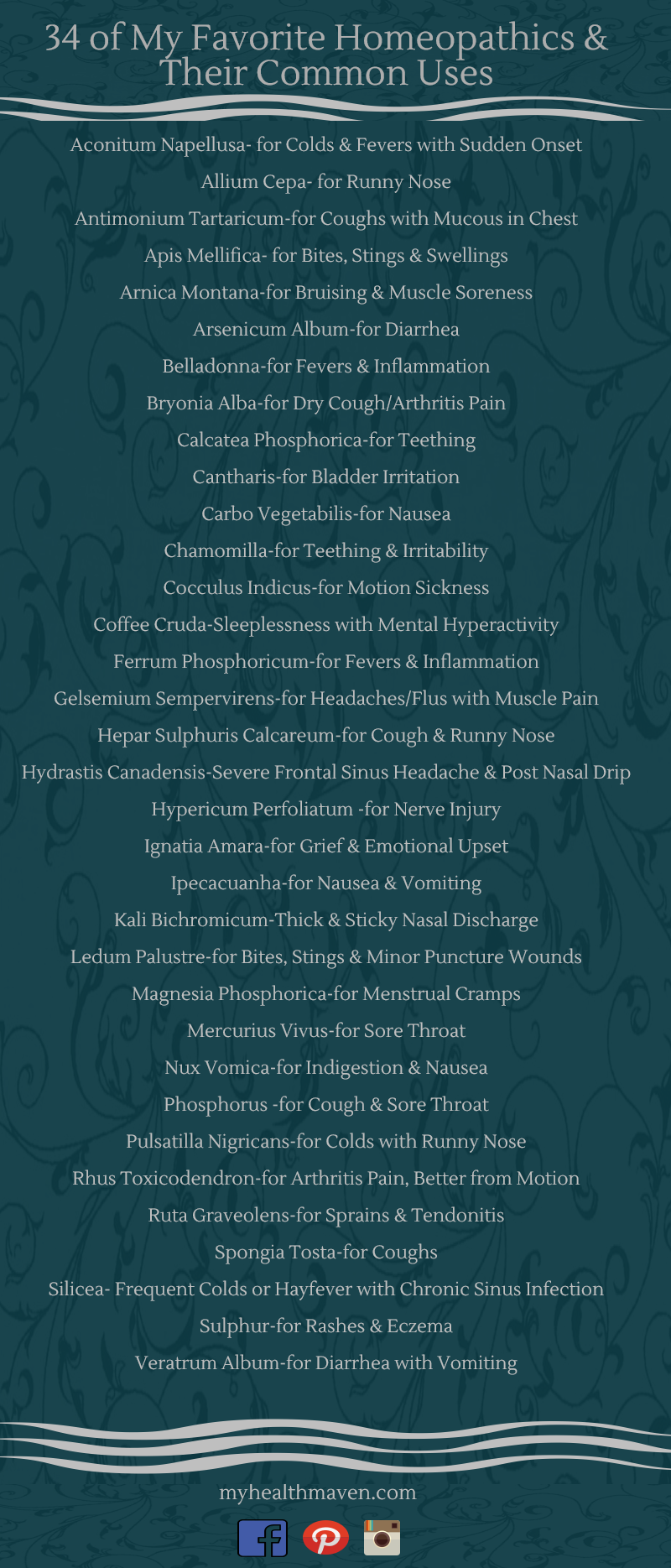Tinnitus is the perception of sounds such as buzzing or ringing when no external sound is present. Over 50 million Americans experience some form of tinnitus. Tinnitus is commonly referred to as “ringing in the ears” although people who suffer with this problem say the sounds can vary from ringing, buzzing, whooshing, whistling, roaring to clicking. The sounds can be intermittent, continuous or pulsing. It can affect one or both ears. In addition the pitch can vary, and can interfere with your ability to hear or concentrate. (1)
There are two types of tinnitus
Subjective Tinnitus – This form is one only you can hear. While this can be traced to hearing loss, there are actually over 200 health disorders that can cause tinnitus.
Objective Tinnitus– Is a form of tinnitus that a doctor can hear upon examination. This is a rare form of tinnitus that occurs in less than 1% of all cases. Objective tinnitus can have numerous causes such as high blood pressure, a blood vessel problem or problems with the middle ear bone.
Causes of tinnitus
Tinnitus can be an acute (temporary) condition or chronic (ongoing) problem. Tinnitus isn’t a condition, it is a symptom of an underlying problem. While this symptom is often associated with hearing loss, there are over 200 health disorders that can generate tinnitus. (2) Some of the more common potential causes include:
| Ear injury | Meniere’s syndrome | Hearing loss |
| Chronic ear infection | Ear wax build up | TMJ |
| Circulatory disorders | High blood pressure | Head or neck injuries |
| Middle ear bone changes | Acoustic neuroma | High blood pressure |
| Atherosclerosis | Malformation of capillaries | Head and neck tumors |
| Turbulent blood flow | Medications | Nutritional deficiencies |
Some medications can trigger or worsen tinnitus. Neil Bauman, Ph.D. compiled this 23 page list for the American Tinnitus Association. (3) While the list is not “complete” it’s an excellent tool to use for a discussion with your doctor, if you believe that a medication may be the root of your problem.
Who’s at risk for tinnitus?
While anyone can develop tinnitus, some people may have a higher incidence of risk. (4) Such as:
Individuals on medication-Individuals on medication make be taking an ototoxic drug that can cause or contribute to an existing problem.
Active military –Exposure to explosives, loud gunfire and machinery puts those involved at a higher risk for hearing loss and tinnitus.
Loud work environment-Working in a loud environment with lots of machinery is a prevalent occupational hazard.
Hunting and Motorsports– Exposure to repeated loud noises may damage the ears.
Musicians and Music Lovers-Playing or listening to loud, amplified music over time can cause tinnitus.
Senior citizens-A common trigger for tinnitus is hearing loss. Approximately 30% of seniors also have tinnitus.
When to see your doctor
You should make an appointment with your doctor as soon as you feel as it’s needed. (2) You should consult your doctor as soon as possible if:
The tinnitus occurs without cause or it occurs suddenly.
You have hearing loss or dizziness in addition to ear ringing.
You develop tinnitus after starting a new medication.
You develop tinnitus after an upper respiratory infection and the tinnitus isn’t resolved within a week.
Self-help tips for managing tinnitus
There are many options for managing tinnitus. Tinnitus isn’t a condition, it is a symptom of an underlying problem. Obviously finding the root cause of the problem will point you in the right direction of where to start. In addition there are many natural options you can use to help manage your condition.
Control high blood pressure– Since blood pressure can increase with weight gain, consider losing extra pounds. Watch your waistline. Mean with a waistline greater than 40 inches and women with waistline greater than 35 inches are at risk for high blood pressure. (5)
Exercise regularly– Great exercises for lowering blood pressure include, dancing, swimming, walking, jogging or bike riding.
Healthy diet-eating a diet rich in vegetables, fruits and grains and avoiding dairy and sugar can help to lower your blood pressure. You may consider a DASH diet, (Dietary Approaches to Stop Hypertension). This diet plan is designed to reduce blood pressure.
Watch sodium– Eat more fresh foods. If you do eat processed foods, be sure to read food labels and choose low sodium products. Skip seasoning your food with salt and look for salt free herb and spice blends.
Vitamin and mineral levels-Consider checking your vitamin and mineral levels as nutritional deficiencies can contribute to tinnitus. Deficiencies in nutrients such as iron, zinc, magnesium and B12 are contributing factors to tinnitus. (6)
Treat anemia – The findings of this study revealed a significantly higher incidence of sudden hearing loss in cases where there were problems with iron metabolism. Consider having your iron levels checked, to determine if this is a factor of ear ringing. (7)
Melatonin – In a double blind trial, melatonin supplements were given to participants to improve the symptoms of tinnitus. After 30 days, 57% of the melatonin group experienced a decrease in tinnitus activity and improved sleep. (8)
Magnesium– This small 2011 study suggests that magnesium intake reduces the intensity of tinnitus. Recent studies in noise-induced sensorineural hearing loss have suggested that magnesium supplementation may lessen both hearing loss and the severity of tinnitus in patients. (9)
Meniere’s disease-this condition is characterized by tinnitus and other symptoms. Individuals with Meniere’s can have elevated levels of cholesterol and/or triglycerides, as well as abnormal blood sugar levels. Getting these issues to normal levels may help to alleviate the ringing in your ears. (6)
Avoid Loud Noises-In order to avoid any damage to your hearing it’s important to avoid excessively loud noises.
White Noise-Difficulty sleeping is common. Many individuals find it easier to fall asleep by listening to a white noise machine that produces nature sounds or by listening to music or running a fan. (10)
In conclusion
Depending upon the level of tinnitus you experience, it can be a minor nuisance to a debilitating problem. Knowing that it is a symptom of an underlying problem and getting to the root cause may require some time and patience on your part. With teamwork between you and your doctor, you can get to the root cause and plan an appropriate protocol based on your needs.
References:
- Understanding the Facts of Tinnitus. (2017, February 06). Retrieved February 06, 2018, from https://www.ata.org/understanding-facts
- Causes of Tinnitus. (2017, November 09). Retrieved February 06, 2018, from https://www.ata.org/understanding-facts/causes
- Bauman., N., Ph.D. (n.d.). Prescription Medications, Drugs, Herbs & Chemicals Associated with Tinnitus American Tinnitus Association. Retrieved February 6, 2018, from http://www.ata.org/sites/default/files/Drugs%20Associated%20with%20Tinnitus%202013_Updated2017.pdf
- Demographics of Tinnitus. (2016, December 14). Retrieved February 06, 2018, from https://www.ata.org/understanding-facts/demographics
- 10 ways to control high blood pressure without medication. (2015, May 30). Retrieved February 06, 2018, from https://www.mayoclinic.org/diseases-conditions/high-blood-pressure/in-depth/high-blood-pressure/art-20046974
- Gaby, A. R., M.D., Wright, J. V., M.D., Batz, F., Pharm.D., Chester, R., R.Ph., Ph.D., & Thompson, L. D., Pharm.D., N.D. (2006). The Natural Pharmacy (3rd ed.). New York: Three Rivers Press.
- Sun, A., Wang, Z., & Li, J. (1997, June). [Disturbance of iron metabolism and sudden hearing loss: a prospective and retrospective survey]. Retrieved February 06, 2018, from https://www.ncbi.nlm.nih.gov/pubmed/9812800
- Hurtuk, A., Dome, C., Holloman, C. H., Wolfe, K., Welling, D. B., Dodson, E. E., & Jacob, A. (2011, July). Melatonin: can it stop the ringing? Retrieved February 06, 2018, from https://www.ncbi.nlm.nih.gov/pubmed/21859051
- Cevette, M. J., Barrs, D. M., Patel, A., Conroy, K. P., Sydlowski, S., Noble, B. N., . . . Stepanek, J. (n.d.). Phase 2 study examining magnesium-dependent tinnitus. Retrieved February 06, 2018, from https://www.ncbi.nlm.nih.gov/pubmed/?term=22249877
- Ostermann, K., Lurquin, P., Horoi, M., Cotton, P., Hervé, V., & Thill, M. P. (n.d.). Somatic tinnitus prevalence and treatment with tinnitus retraining therapy. Retrieved February 06, 2018, from https://www.ncbi.nlm.nih.gov/pubmed/27097395
This article was originally posted at The Hearty Soul








